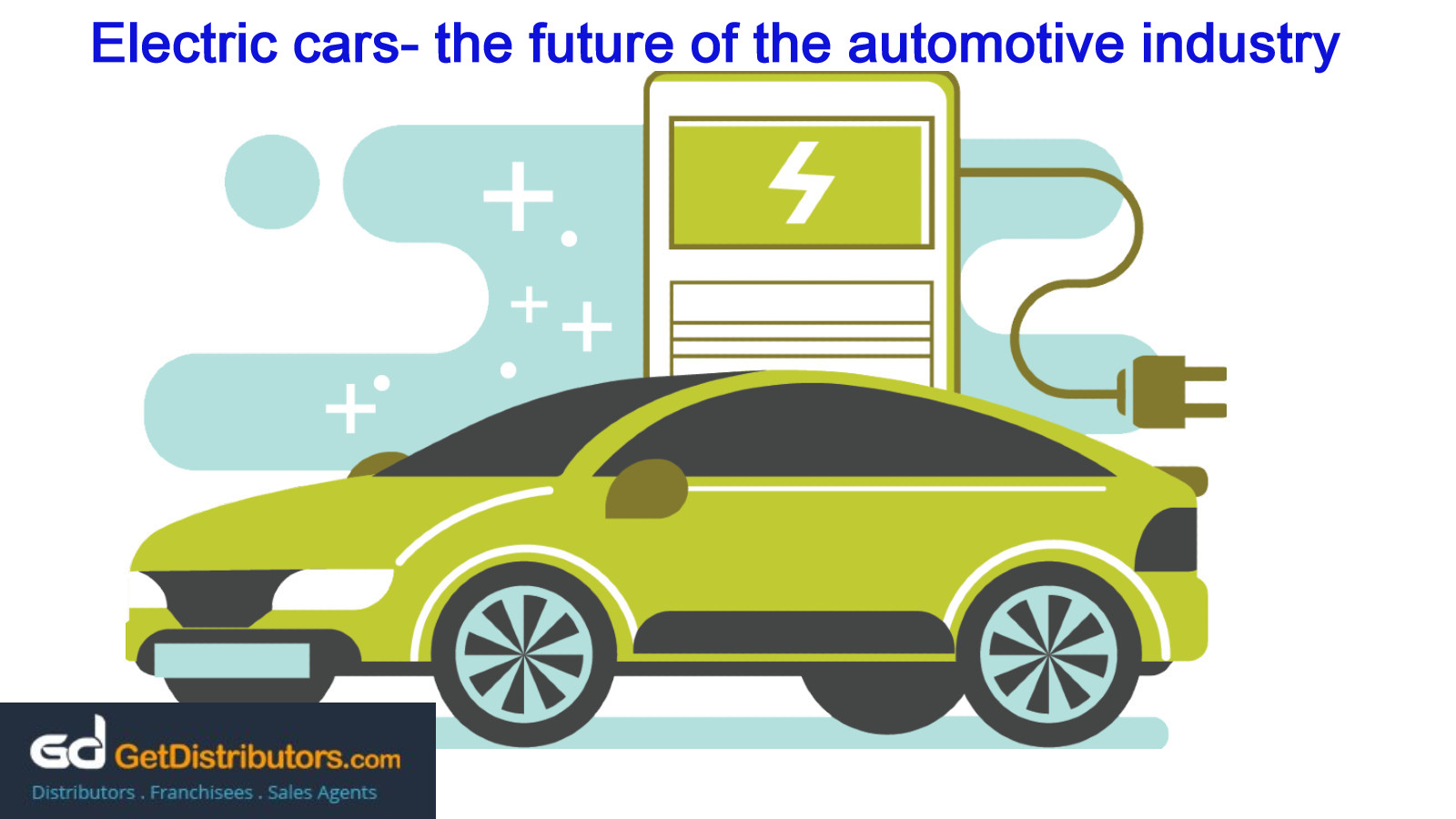Electric cars – the future of the automotive industry
The Indian electric vehicle industry is currently growing at a slow but steady pace. Rising prices of petrol, increasing air pollution, and the emergence of electric vehicle technology are some of the motivating factors that have encouraged Indians to buy electric vehicles. These things have also prompted the government to create policies that might increase the demand and supply of EVs. Other than that, our country consists of a large number of renewable energy resources and has skilled and hardworking laborers. So, it will not be difficult for India to shift towards electric vehicles (EVs).
In May 2021, the government had launched Production-Linked Incentive Scheme (PLI) for ACC Battery Storage Manufacturing. This scheme will boost the manufacture of EV batteries and decrease the dependence on imports. Besides, 100 % foreign direct investment is also allowed in this sector under the automatic route.
Availability in India
According to union road, transport, and highway minister Nitin Gadkari, there are approximately 870,141 registered electric vehicles in India. Regardless of all the plans and minor successes related to EVs, this market is still in its infant stage. In India, this market is led by two-wheelers as of now; electric cars are very few in India currently. The government is trying its best to keep their cost reasonable which can increase the number of EVs buyers.
Types and specifications of the popular electric cars present in India:
Battery Electric Vehicle (BEV)
This type is also known as an all-electric vehicle (AEV) because it runs only on battery and electric drive train. BEV does not have ICE which stands for an internal combustion engine. In this kind of vehicle, electricity is stored in a battery pack and re-charged by plugging into the electricity grid.
Hybrid electric vehicle (HEV)
This electric vehicle has both ICE and electric motor. ICE gets energy through fuels and electric motor through batteries. Both of them simultaneously control the vehicle. Unlike BEV, HEV does not have a charge port which means they cannot be charged.
Plug-in Hybrid Electric Vehicle (PHEV)
This vehicle is a combination of both BEV and HEV because it not only has ICE & electric motor but can be charged via a charge port.
Fuel Cell Electric Vehicle (FCEVs)
This vehicle is also known as a fuel cell vehicle (FCVs) or zero-emission vehicle. This vehicle runs on electric power that is created using fuel cell technology. In simple words, chemical energy is converted into electric energy which is used to operate this vehicle.
Other specifications to consider before buying electric vehicles:
Charging options:
Before buying an EV, you should know about the charging options. This is because EVs also come with charging options. Many EVs can be charged using level 1 or standard chargers or level 2 or fast chargers. But there are some EVs that work only on level 3 DC fast chargers. At home, a level 1 charger can be used but not levels 2 and 3.
Battery capacities:
PHEV and BEV can work on moderate-capacity batteries. But if you are buying EVs of any bigger brand then there is a high chance that you might need a high-capacity battery.
Availability of regenerative braking:
This brake is important because whenever someone puts on brakes, the vehicle can lose energy. This type of brake sends that energy back to the battery. So make sure your vehicle has this brake.
How much can you save as no petrol is needed?
The main objective of adopting electric vehicles is to reduce dependence on fuel-run vehicles that emit harmful gases in the air and cause irreparable damage to the environment. Other than that, the fuel, especially petrol that is used in these vehicles is also becoming more and more expensive especially in India. This has affected the budget of the car owners. Buying an EV means that you don’t need to refuel your vehicles frequently as you can charge the vehicle easily and get going. Their charging cost is quite lower than petrol which has almost crossed INR 100/liter.
Electric cars are not only good for the environment but also help you save a lot of money which goes into buying petrol or diesel. So, be a responsible citizen and switch to an electric car!





